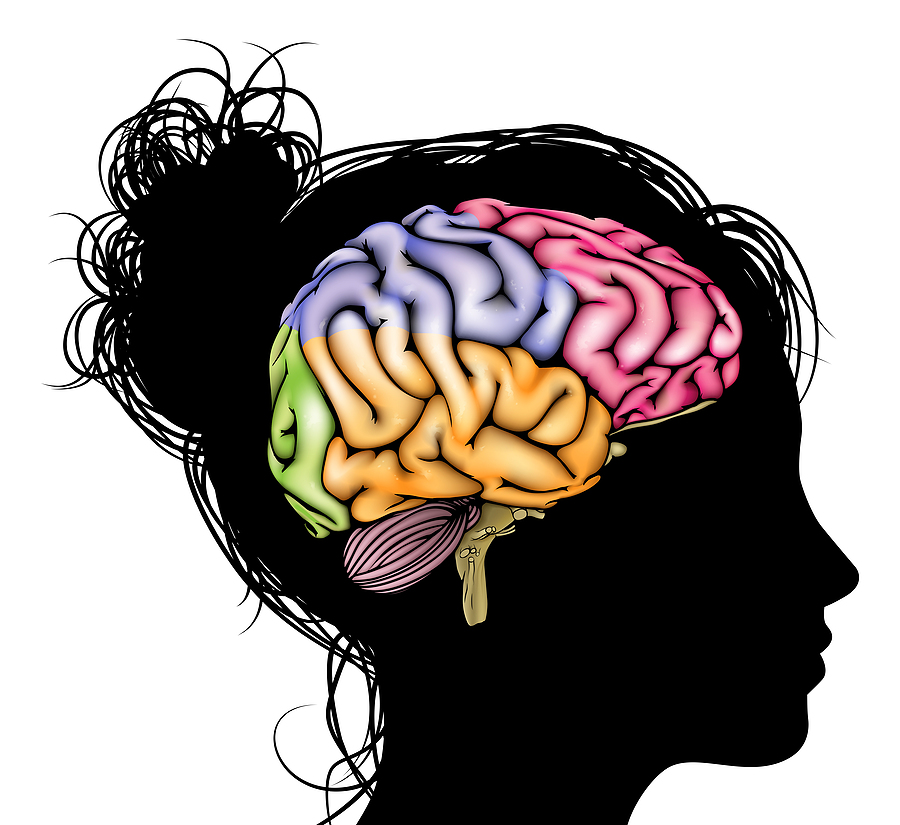Sounds good, right? But is it true?
Well no, to date there’s no good evidence for that statement. Which didn’t stop the Korean researchers who argued that this is what their study showed, or media sources who splashed the headline around.
The study was poorly done and didn’t demonstrate anything of the sort.
Settle in though, because we’re bound to hear more claims like this.
Already, 2 in every 5 older Australians takes a statin, and two of them (Crestor and Lipitor) are the most widely dispensed drugs in the country. Imagine if a team of researchers was able to show that after a certain age we should all be taking them routinely as a preventative.
A team led by Monash University is undertaking a large trial called STAREE (Statins in Reducing Events in the Elderly), and their aim is to determine whether that’s the case.
They’re monitoring almost 10,000 apparently healthy people aged 70 and over through general practices in Brisbane, Perth, Newcastle, Hobart, Melbourne and Adelaide. The study participants have been taking either a statin or a placebo for around five years.
Some of the questions being investigated include:
- Can statins prevent a first heart attack or stroke? (They do seem to benefit men who’ve already had either of those.)
- Can statins prevent dementia?
- Can statins improve healthy life expectancy?
Answers to these would no doubt be useful, but when Monash and some of the key investigators have previously received payments from some of the world’s biggest statin manufacturers (AstraZeneca, Pfizer, Merck, and co) there seems every chance that when the team reports their findings at the end of this year statins will somehow get a tick.
It’s a Pfizer drug (Lipitor) being used in the study, which presumably means Pfizer generously donated enough of it for nearly 5000 people to take it for around five years.
Let’s wait and see what rolls out, but it’s worth keeping in mind that the brain contains almost one-quarter of all the cholesterol in the body. That’s not an accident. Cholesterol is vital to communication between brain cells, mood regulation, learning and memory. So vital that the brain makes its own.
It doesn’t follow then that lowering cholesterol is the key to brain health. At the same time, no researchers have proven that statins harm the brain. Though maybe that’s because no one has tried to find out.
At this stage the truth is that we don’t know how statins or low cholesterol (LDL or total cholesterol) impact dementia because a good quality, unbiased study hasn’t been done. One wonders if that’s even possible.
Let’s watch this space anyway.
Photo Source: Bigstock

